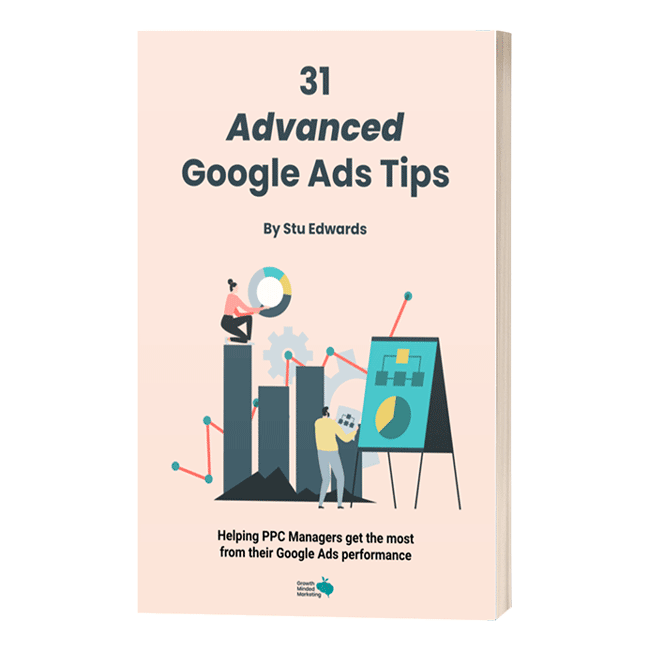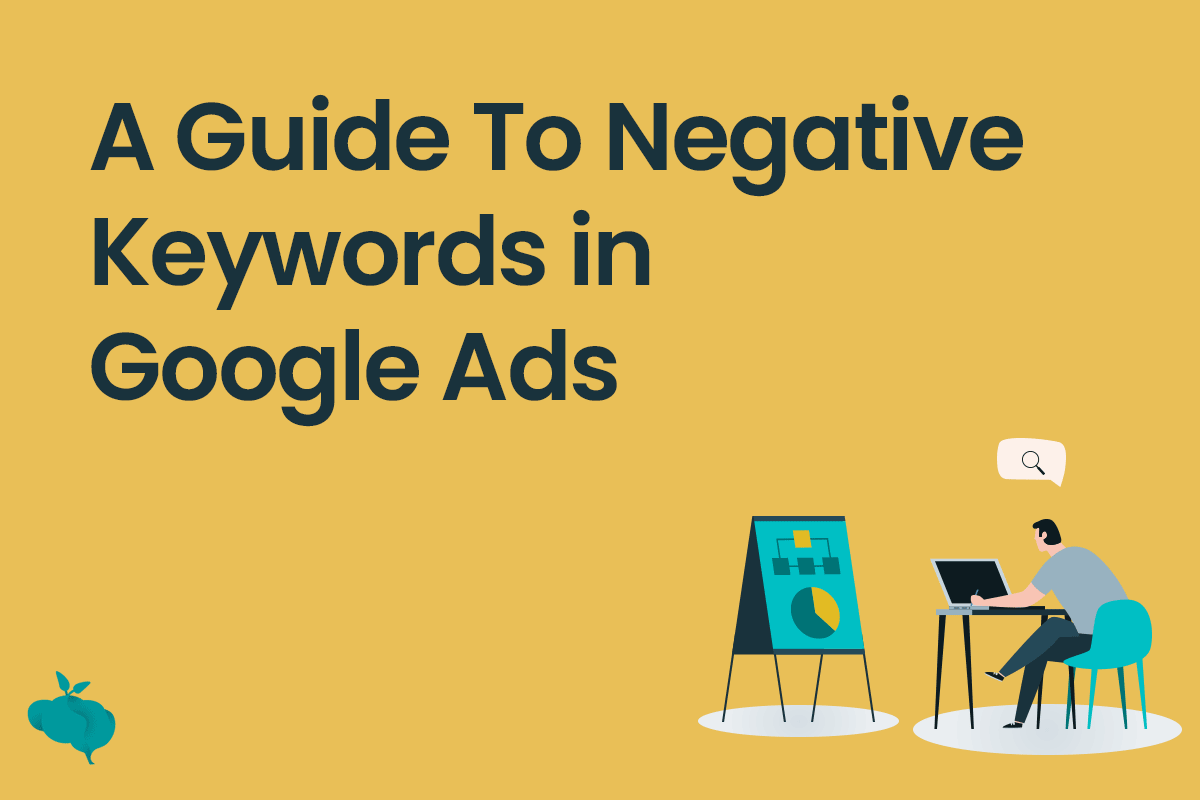Keyword control and efficiency is the cornerstone of the effectiveness of Search campaigns in Google Ads.
The Broad Match Modified keyword match types give you more control of what user searches trigger your ads (to a degree!).
The modified broad match keyword type is an amazing addition that offers you both keyword control and a wider reach for your ads if used correctly. Let’s have a look and see how it works!
Table of Contents
ToggleWhat is modified broad match?
Broad match modified is a broad match keyword with a little “upgrade”.
With the pure Broad keyword match type, advertisers and PPC managers complained that Google would show ads for search terms that were completely irrelevant to their product or offering.
Broad match modified allows you to target certain words as mandatory, and can stop synonyms or unrelated related words from triggering their ads.
Inversely, pure broad match utilised those features to increase reach.
Example
If your pure broad match keyword is targeting mens trainers, your ads may show for searches like boys shoes, dress shoes, and mens rugby boots.
Not ideal if you don’t sell these items, and your original intent was target mens trainers!
Alternatively, if you used modified broad match and targeted +mens +trainers the word ‘mens’ and ‘trainers’ or a close variant must be included in the users search
for your ad to show.
Close variants include incorrect spellings, singular/plural forms, and abbreviations. So for example, the query male trainers, mens trainers or male footwear could still trigger your ad.
While this still gives us a bit of extra control, our +mens +trainers could potentially still show our ads for searches like:
- used mens trainers for sale
- Size 17 extra large mens trainers
- can men wear trainers on a job interview
- Fitness trainers who are men in London
Those feel a bit loose, right? The above example shows that our ad will show for anything with those 2 words in it. The combination or order of the keywords is ignored by Google. (Phrase or Exact match overcome this problem)
Making sure your negative keyword list is well researched and updated frequently will stop these searches from triggering your ads.
How does the broad match modifier work?
Setting up the broad match modifier is simple.
Just add a ‘+’ symbol in front of the required keywords. Now your ads will only show when your combination of keywords is searched.
So what’s the difference between pure broad match and broad match modified?
The primary difference is that when using pure broad match keywords, your ads are triggered on broad variations of your keywords, regardless of if these terms are in your keyword lists or not.
This can help your ads show to more users (compared with broad match modified) and expand your reach, while also discovering new keywords to target.
But use wisely! We don’t suggest you use pure broad match keywords unless you’re really hunting out new keywords to target, or using as part of a solid remarketing strategy.
When you use modified broad match keywords to your campaign, you have far more control and can increase the likelihood of your ads showing for the correct searches. And more importantly, your ads being more suitable and relevant to the search user.
Let’s use the keyword gym clothes as an example.
Broad keyword: gym clothes
Ads can trigger for: gym clothes, gym gear, work-out, active wear, work-out outfits
Broad match modified keyword: +gym +clothes
Ads can trigger for: gym clothes, gyms clothes shop in Beijing
But wouldn’t trigger for: work-out, work-out outfits, active wear
So should you use broad match modified keywords?
Broad match modified keywords are great at expanding advertisers’ ability to show ads, but in a more controlled way than the pure broad match type. They’re amazing at broadening your keyword targeting and reaching more users, where other match types like Exact match and Phrase match may be more restrictive.

Google Ads tips
Learn advanced tips that PPC professionals use to dramatically increase their Google Ads performance!


